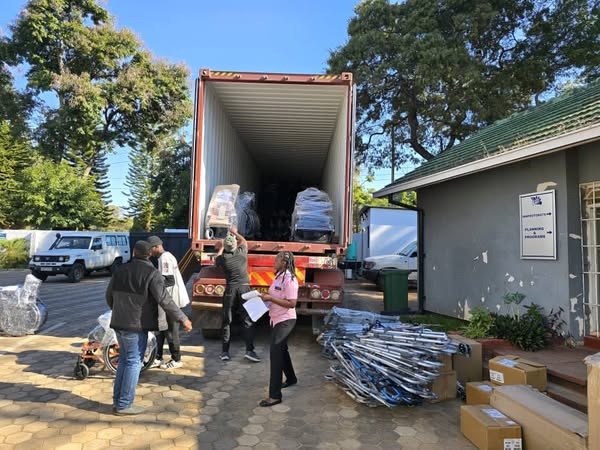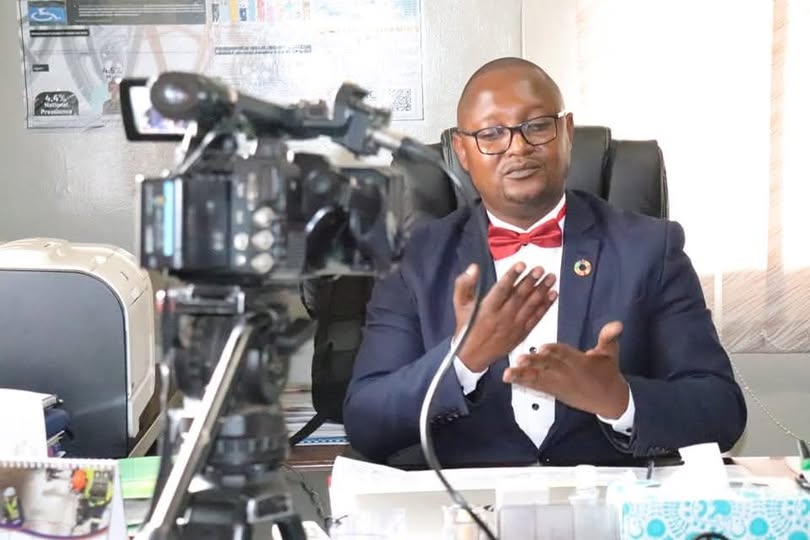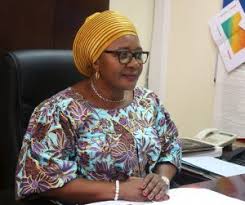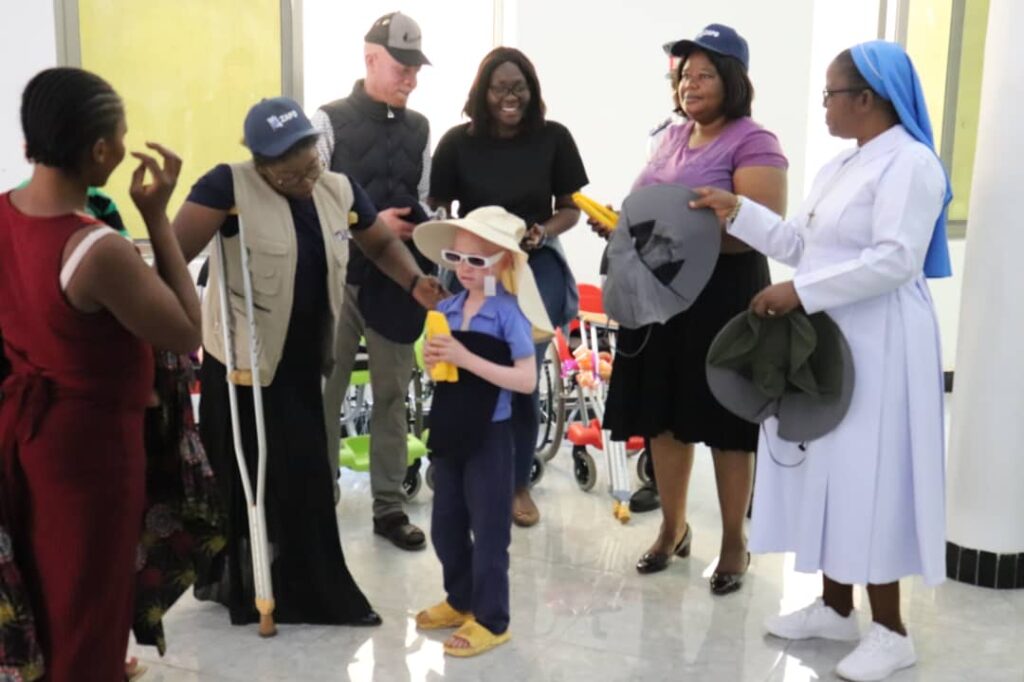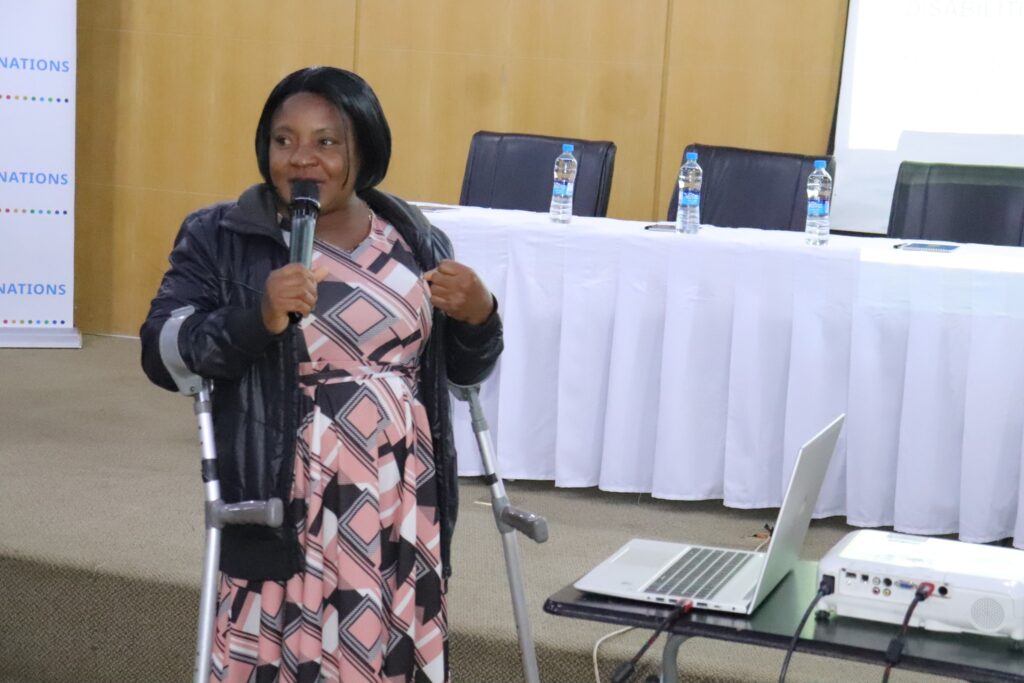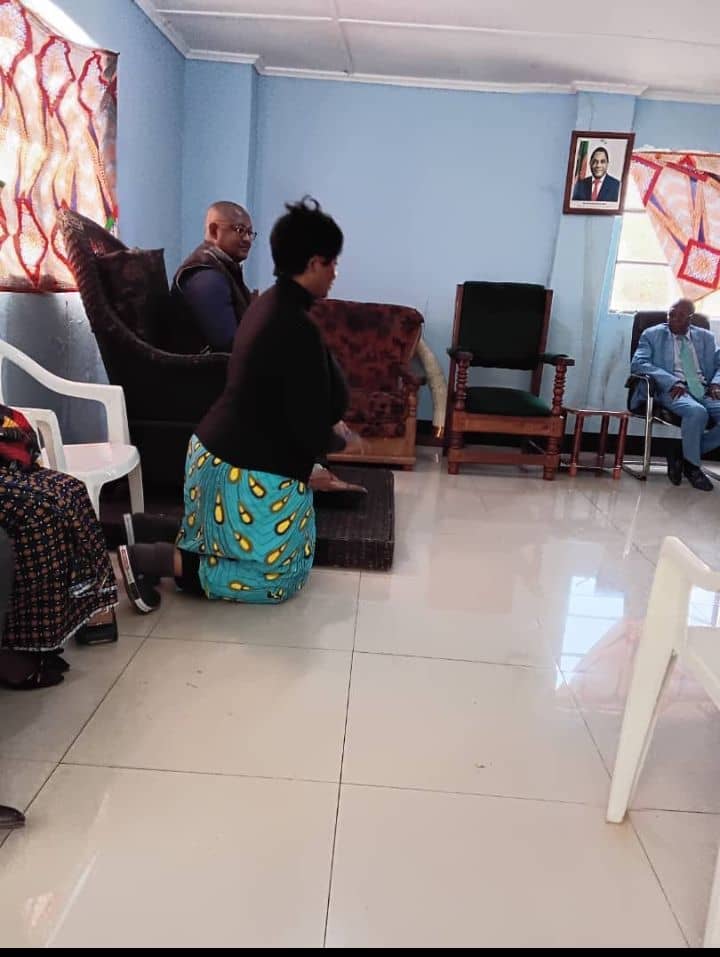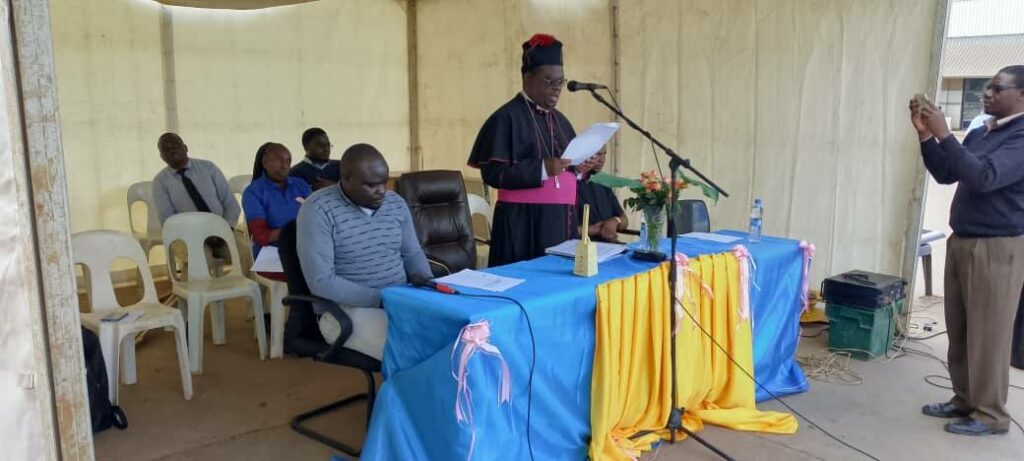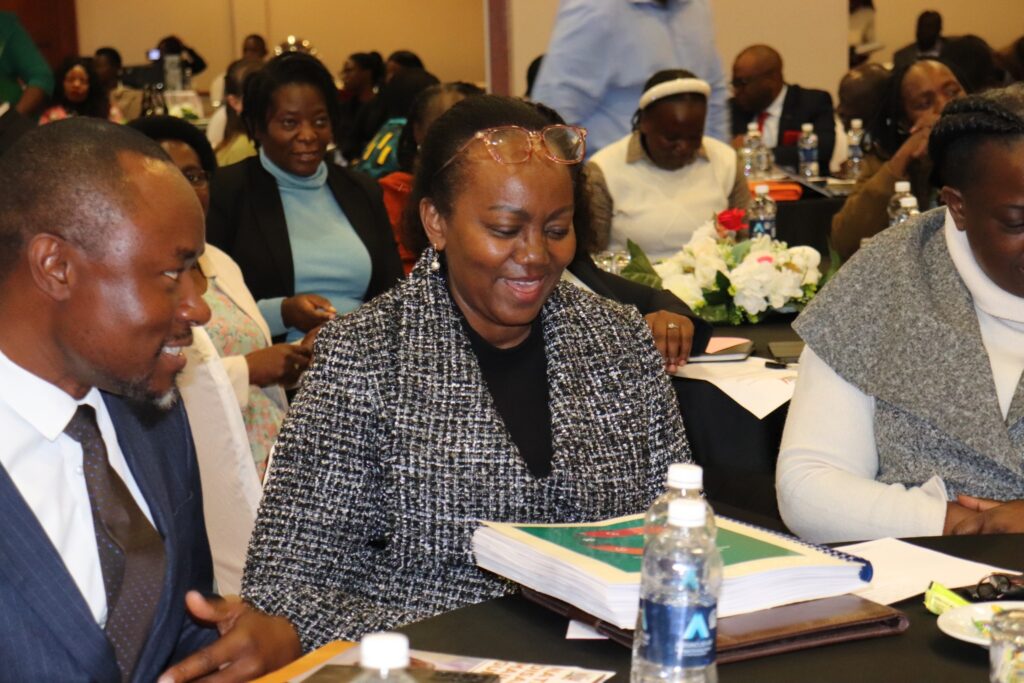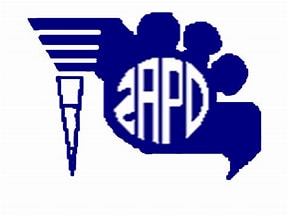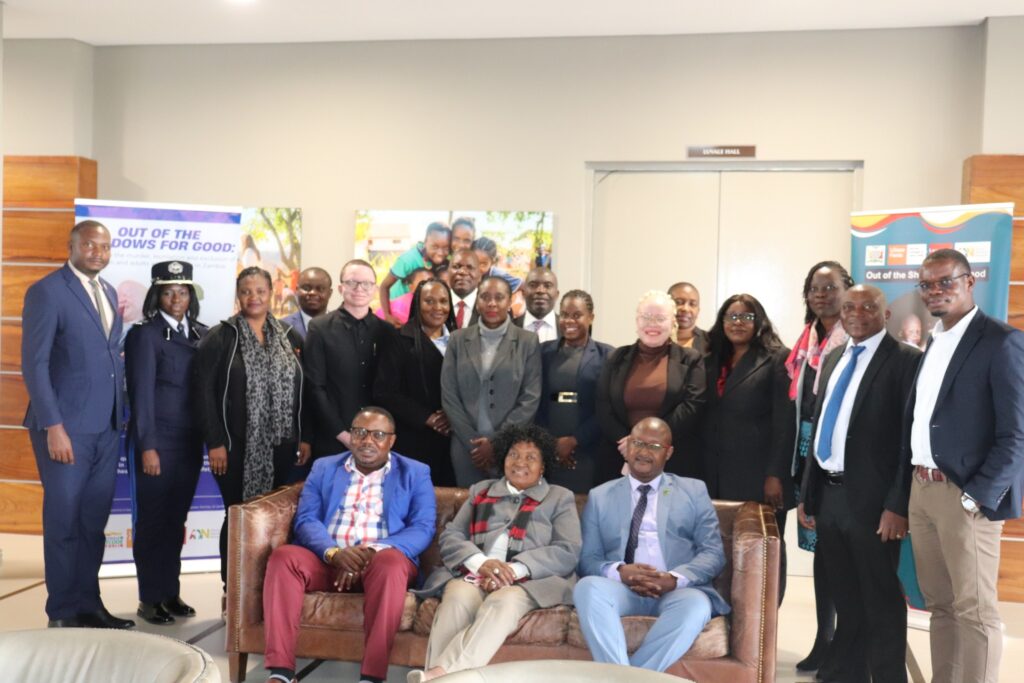Minister of Labour and Social Security, Brenda Tambatamba, has reiterated the government’s commitment to building a resilient, productive, and inclusive economy. Speaking at the opening of the first Annual Disability Awareness Conference, themed “Decent Work and Inclusive Employment,” Ms. Tambatamba emphasized that inclusive employment is not a gesture but a necessity for national growth and social cohesion. She highlighted that it is the government’s shared vision for Zambia to become a prosperous middle-income nation by 2030, where decent work and inclusive employment are realities for all citizens, including persons with disabilities. The Minister stated that her ministry is committed to ensuring that labor market policies, systems, and services are responsive to the needs of all Zambians, especially those who are often marginalized. She cited key legal provisions such as Sections 5 and 6 of the Employment Code Act of 2019, the Persons with Disabilities Act, and the Mental Health Act of 2019, which safeguard the rights and protections of persons with disabilities. Ms. Tambatamba further noted that the conference theme aligns with government interventions such as the enhancement of the National Employment Policy and labor laws, promotion of productivity, expansion of social security inclusion, occupational health and safety, and improvements in the Labour Market Information System (LMIS). “Persons with disabilities are not merely beneficiaries of development efforts, they are drivers of national transformation,” she stated. She challenged delegates to generate actionable ideas, forge new partnerships, and renew efforts toward making inclusive employment a reality. Also speaking at the event, Ministry of Community Development and Social Services (MCDSS) Director of Social Welfare, Mr. Morris Moono, acknowledged the progress made towards inclusive employment. However, he emphasized that persons with disabilities still face systemic barriers to entering the labor market. These include inaccessible infrastructure, negative societal attitudes, lack of reasonable accommodation, and limited access to education and skills training. In a speech read on his behalf by Principal Social Welfare Officer Nosiku Mulambia, Mr. Moono said the government, through MCDSS, has taken deliberate steps to create an enabling environment for persons with disabilities and remains committed to ensuring their full participation in national development. International Labour Organization (ILO) Social Protection Manager for Zambia, Mr. Jie Yu Koh, also addressed the conference, affirming the ILO’s continued support for Zambia in its efforts to build an inclusive labor market that promotes dignity, equality, and decent work for all. “Inclusion is not charity; it is a human right,” said Mr. Koh. He urged participants to use the platform to reaffirm their commitment to leaving no one behind by ensuring policies are implemented effectively, rights are upheld, and inclusive employment becomes a reality for all Zambians, including persons with disabilities.

